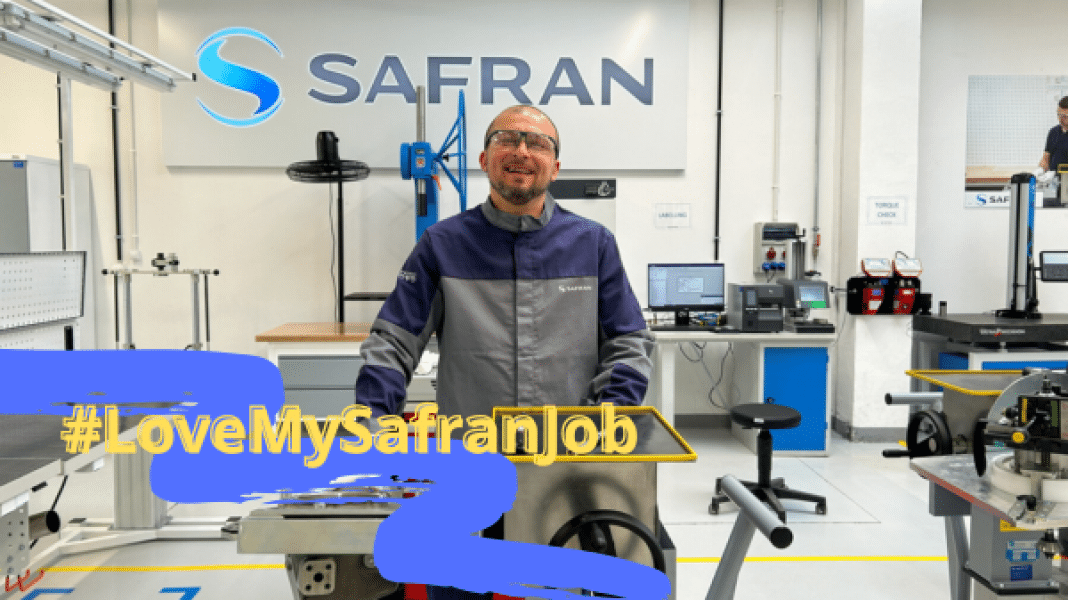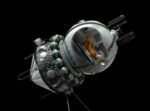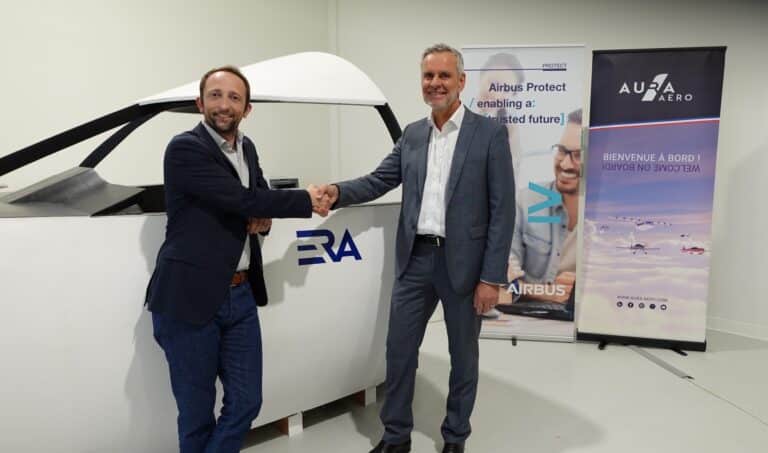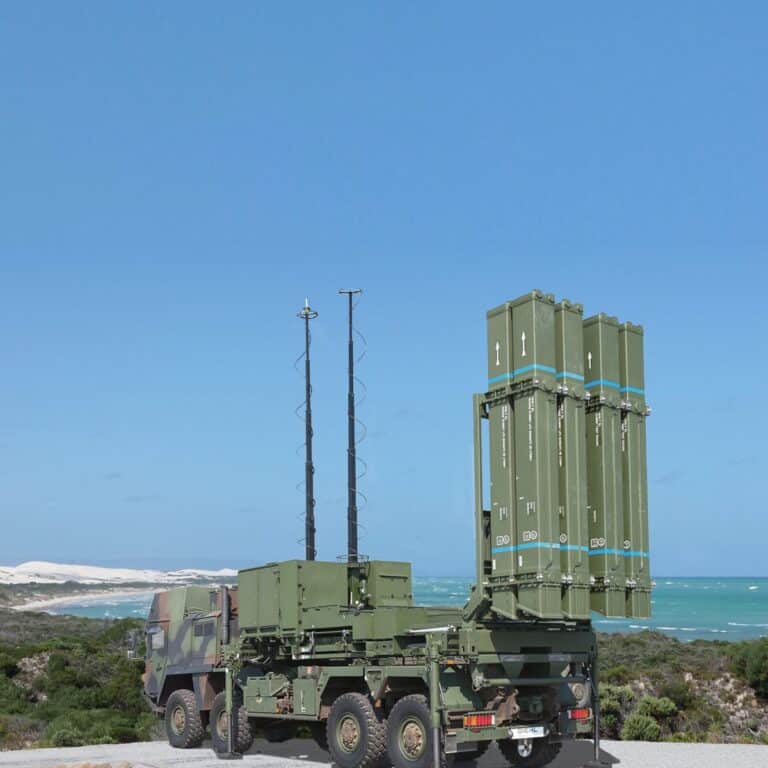The maintenance, repair, and operations (MRO) sector holds a prominent place in aerospace and defense. With a growing demand for qualified professionals, it is essential to understand the training pathways that will help you enter this specialty. In this article, we will explore the different educational paths, the required skills, and the career opportunities available to you in this dynamic field. Get ready to embark on a journey to the heart of the aerospace industry, where every part, every process matters.
Whether you are an aviation enthusiast or simply someone looking for a new career, understanding the MRO field can transform your professional ambitions. This sector is not limited to just upgrading aircraft; it also encompasses a wide range of activities from inventory management to logistics, providing a varied and enriching experience for its practitioners. We will also take a look at current and future trends, including the impact of new technologies on training methods and required skills.
Table des matières
ToggleThe MRO Training Landscape

The training required to enter the MRO sector depends on several factors, such as the type of position you are targeting and the complexity of the systems you will work with. In general, several types of programs prepare you for a career in MRO:
Available Training
Technical and vocational schools: Degrees in aeronautical maintenance offered by technical schools are among the most common. These programs mainly focus on practical learning, essential for acquiring the skills needed in the field.
University degrees: For those interested in management or supervisory positions within MRO operations, a university degree in engineering, supply chain management, or business administration can be very beneficial. These programs provide a deep understanding of management principles and logistics, essential in coordinating MRO activities.
Specialized certifications: Finally, industry-specific certificates, such as those provided by organizations like the FAA (Federal Aviation Administration) or EASA (European Union Aviation Safety Agency), can also enhance your resume and help you stand out during the hiring process. These certifications ensure that you have the knowledge and expertise required to meet the highest standards of safety and quality.
Key Skills to Acquire
To excel in the MRO sector, certain skills are essential:
- Technical skills: Knowledge of aeronautical systems, safety standards, and maintenance procedures is essential.
- Analytical skills: The ability to quickly diagnose technical issues and implement effective solutions.
- Project management skills: Being able to plan and manage projects to ensure that MRO operations run smoothly, adhering to deadlines and budgets.
- Communication: The ability to work as part of a team and communicate effectively is crucial, especially when collaborating with various departments.
These skills, combined with the right training, will enable you to forge a promising career in MRO, where every day brings new challenges and opportunities.
Understanding Travel Percentage in MRO

A common question asked by new candidates in the MRO industry concerns the percentage of travel required for the position. If the job involves travel, how can you prepare to answer specific interview questions like “Are you willing to travel?” or “How much are you willing to travel?”? Understanding this not only prepares candidates for interviews but also helps them choose a career in line with their lifestyle preferences.
In general, MRO positions may require travel, especially if the company operates multiple sites or if you are working on international projects. Candidates should therefore be open to the possibility of frequent travel. For example, an effective response to the travel question could be: “I am willing to travel up to 40% of the time, as I appreciate the challenges it presents and the opportunity to meet colleagues and clients in different locations.”
It is also important to ask questions to recruiters to understand the nature of the travel involved. This may include:
- What is the frequency of travel?
- Is travel primarily done by plane or by other means of transportation?
- What kind of accommodations are offered during travel?
These elements not only help prepare for the job but also ensure that the living conditions align with one’s expectations.
Career Prospects in MRO

The MRO field offers several career paths that can develop over the years. Starting from a maintenance technician position, a professional can progress to various roles such as maintenance manager, operations supervisor, or even MRO operations director.
Career Progression: Depending on your experience and level of education, you will have the opportunity to climb the ranks. Aviation and defense companies seek individuals who can take initiative and manage teams. Thus, ongoing training, specializations, and certifications can boost your career.
The aerospace and defense sectors continue to grow, bringing with them an increased need for MRO specialists. Companies like LVMH and other industry leaders offer attractive programs for professionals passionate about this path. The varied career plans, combined with competitive pay and attractive benefits, make it a preferred choice for those looking to advance in the sector.
New Trends in MRO Training

The training landscape continues to evolve, with revolutionary innovations transforming how professionals are trained in MRO. The advent of new technologies, such as virtual reality (VR) and augmented reality (AR), facilitates immersive learning of complex technological systems.
Virtual and augmented reality: These tools allow learners to navigate realistic maintenance and repair scenarios, creating interactive learning environments where they can experiment without risk. This active learning method replaces pure theoretical training and boosts practical skills that can be directly applied.
Moreover, online platforms and accessible educational resources provide additional flexibility for active professionals. Aero Quest is an example of a program that uses these technologies to prepare future MRO sector professionals by exposing them to current industry challenges.
Sustainability trends also play a pivotal role. With the rise of environmental concerns, training now integrates environmentally friendly work methods and maintenance practices. This paradigm shift is also accompanied by an increased focus on safety and quality.
How to Prepare for a Career in MRO

To start a career in MRO, there are several practical steps to follow. This involves not only choosing the right training but also maximizing learning opportunities.
Choosing the Right Training
The first step is to assess and choose the training program that best aligns with your professional interests and career goals. Whether you choose a technical school or a university program, select one that offers internships or practical experience, as these elements are crucial for your professional development.
Preparing for Interviews
Having a good resume and preparing clear examples of your previous experience is also essential. Anticipate frequently asked interview questions, such as: “Why did you choose this path in MRO?” or “What is your comfort level with travel?”. Highlight your willingness to learn and evolve. This shows employers that you are serious about your career.
Continuing to Learn
Finally, enrolling in online courses, attending workshops, and joining professional associations in the field can greatly enrich your experience. By staying updated on industry trends, you will not only enhance your skills but also expand your professional network.
Overcoming Challenges
A career in MRO presents challenges, including strict safety requirements and tight deadlines. It is essential to develop a positive attitude towards these challenges and learn to work effectively under pressure. Having good stress management practices can also make a difference in this demanding field. Commitment to quality and safety should be at the core of your professional approach.
In conclusion, a career in MRO can be dynamic and rewarding if you are ready to take on these challenges. By following the necessary steps to prepare and investing in your training and ongoing learning, you will be well-equipped to succeed in this exciting sector.






















